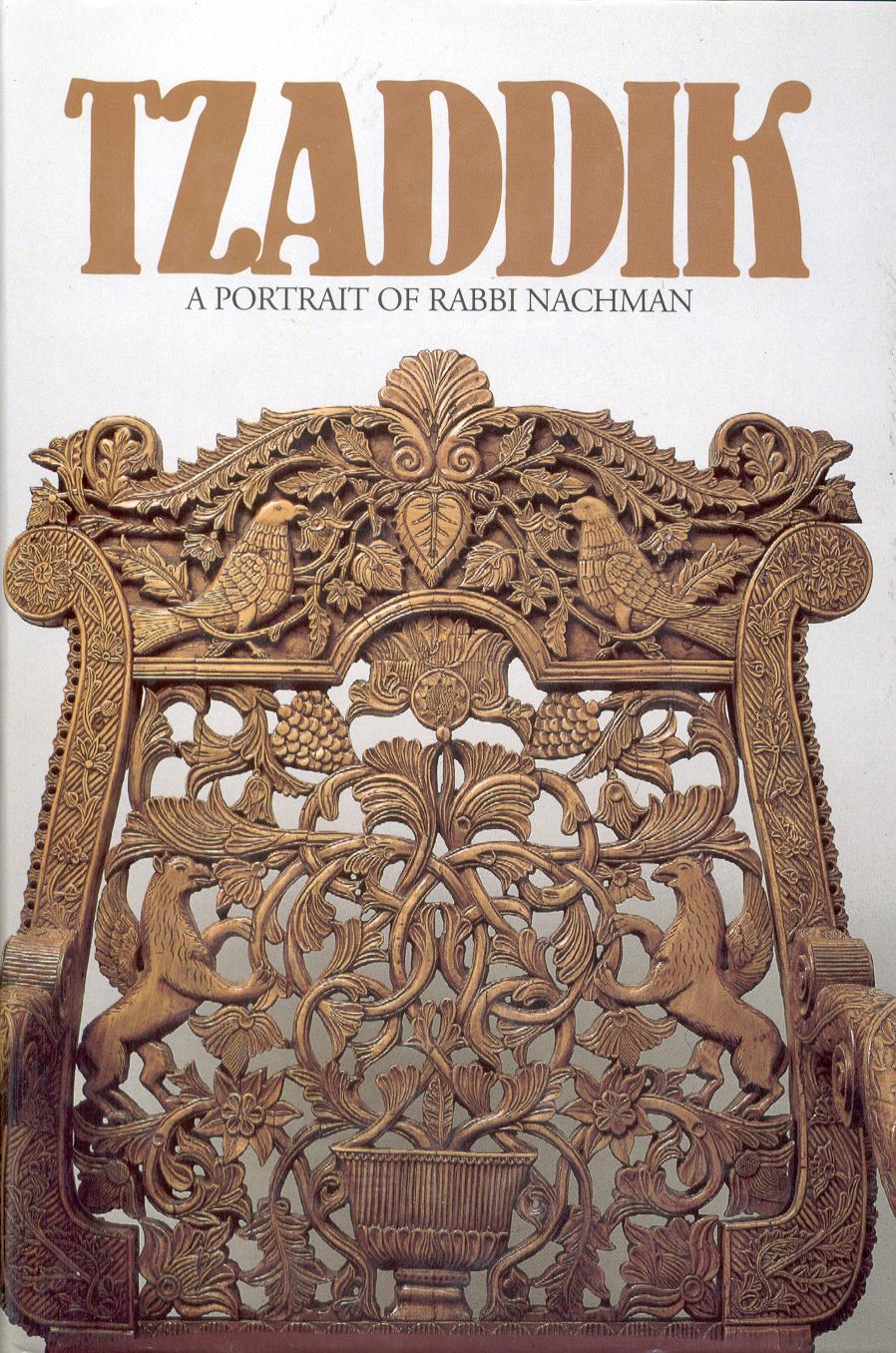There is a simple, yet often misunderstood concept: the Tzaddik. Outside of Chassidic circles, when asked ?What exactly is a Tzaddik? Some might answer, “A saintly individual,” or “A very good person,” or “Someone very devout.” Yet this still doesn’t explain the force that propels not only life-long Chassidim, but Jews from all backgrounds and walks of life, to a place like Uman, where Rebbe Nachman chose to spend the final six months of his life.
There is a common misconception that the idea of the Tzaddik was introduced by the founders of the Chassidic movement. While certain aspects of the Tzaddik’s role had their beginnings with the Baal Shem Tov and his followers, the concept of the righteous individual and his greatness has always been a part of Judaism. From Moses, Joshua, and the Judges onward, each generation has had its own Tzaddikim, spiritual giants, men who would lead, teach and guide the people. It would take an entire book to list what the Talmud, Midrash, and Zohar have to say about the greatness of the Tzaddikim. However, just as our understanding of the Torah has diminished in the course of history, so, too, has our appreciation of the role of the Tzaddik — ironically just when we need it the most.
Connecting Heaven and Earth
The Tzaddik is one who attains such a level of self-mastery and spirituality that all his thoughts, feelings and actions — his very being — are in total consonance with God’s will. This gives him a uniquely close relationship with God. In essence, what distinguishes the Tzaddik from anyone else is that he has an unparalleled mastery of the spiritual, which gives him the ability to bridge the physical and spiritual worlds.
Yet for all his spirituality, he is, and remains, a human being. This indeed is his strength. He is able to channel Torah spirituality into this world, and guide others as to how to serve God.
Does this mean that the Tzaddik is an intermediary? Yes, and no. First of all, God forbid that anyone should think he needs a medium between the Almighty and himself; not from his side, and certainly not from God’s. Each of us has a direct connection to the One Above. Furthermore, God forbid that anyone should think he needs someone else to carry out some form of devotion on his behalf, thus to absolve him of fulfilling his own religious duties. We are all able, and indeed required, to accept responsibility for our own lives and deeds and to take practical steps to develop our own personal relationship with God.
If the Tzaddik is an intermediary, it is only in the functional sense. Like Moshe Rabbenu, the Tzaddik has the task of presenting the case of Klal Yisrael before the Divine Throne – a responsibility that he assumes with the greatest self-sacrifice. As the great Breslover sage Reb Avraham b‘Reb Nachman explains, the Tzaddik is like a baal tefillah, a prayer leader (see Bi?ur HaLikkutim 10:17). In a spiritual sense, he is one with the congregation, and the congregation is one with him. Yet just as the prayer leader must pray on our behalf, we must pray on our own. Like Moshe Rabbenu, the Tzaddik also teaches Torah to the people and communicates God‘s will. But the rest – ?Na?aseh v?nishmah, we will do and we will hear (Exodus 24:7) – is up to us.
What makes the Tzaddik qualified for this role? Because he has succeeded in conquering the physicality of this world, he is able to be an agent or catalyst for bringing spirituality down into it. Through his efforts and attainments, the Tzaddik knows what is necessary for one to serve God in a true and proper manner. The average individual generally does not have a strong enough grasp of the spiritual to be able to perceive God’s will clearly and know how to serve him in practice. He must therefore turn to someone on a higher level for guidance.
Do we always know what to do? Can we on our own know what direction to take? And what happens when we have estranged ourselves from God due to our misdeeds? Even the Torah, the instrument that conveys God’s infinite wisdom to man, can actually mislead a person who tries to follow it without the benefit of true guidance and leadership! Who can honestly say that he is wise enough to look into the Torah and grasp exactly what is required of him? The Talmud, Midrash and Shulchan Arukh stress the importance of receiving from a teacher, so that one’s understanding of Torah will be correct. As the Talmud teaches: ?Even one who has studied — as long as he has not received from talmid chakham, a qualified teacher, is still considered an ignoramus? (Berakhot 47a).
The true Tzaddik can take the most elevated aspects of Godliness and bring them down to a level at which the simplest person can relate to them. The Tzaddik gives direction.
Written by Reb Dovid Sears


1 comment
Is the potential for a tzaddik from birth and not given to everyone according to breslov?